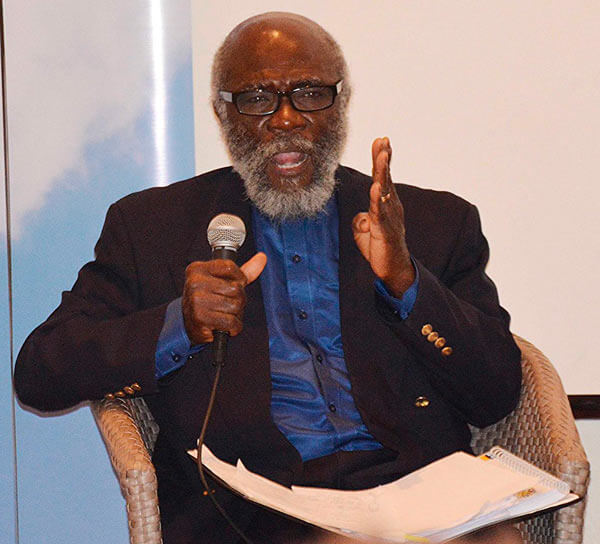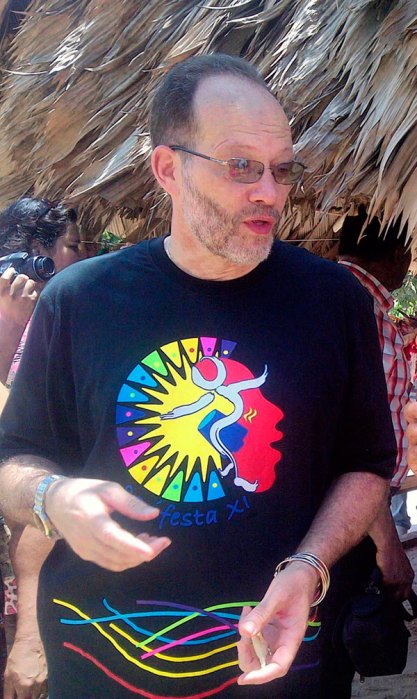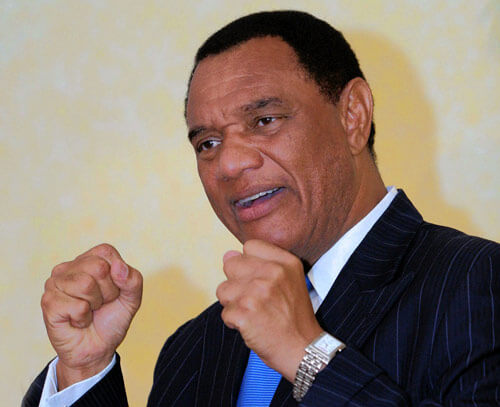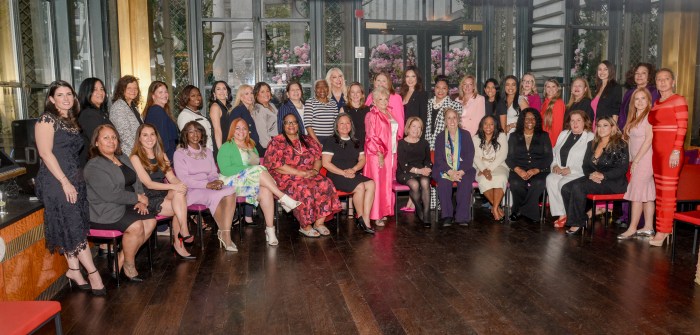Two retired permanent secretaries want Barbados to go to the International Monetary Fund for assistance but to do so under local terms properly proposed and specific to this country’s recovery needs so the plans will be accepted.
Against the backdrop of a deficit at provisional figures of 5.5 percent of gross national product and foreign exchange reserves that have dwindled to $549.7 million, equivalent to only 8.6 weeks of imports William Layne and Frederick Forde are saying that Barbados engaging in an IMF programme is a good idea, but only if government can do so on its own draft plan.
Faced with an economy that continues to decline, many economists have been saying that the island should seek an IMF deal, which would result in much needed funding at favourable interest rates for a recovery programme being available.
The call on Tuesday, Nov. 7 by the two respected former senior civil servants came while an IMF team is visiting Barbados conducting its annual Article IV Consultation exercise in which the international body’s officials quiz government and private sector officials in making an assessment of the economy .
Former Ministry of Finance Permanent Secretary William Layne told an Institute of Chartered Accountants panel discussion Tuesday an added incentive to seeking help through the IMF is that government will have to act on whatever plans are agreed upon and follow them to the letter.
“Governments in the region only take action under an IMF programme… We just do not make difficult decisions in the Caribbean.
“So it is best if you have your own programme and you go to the IMF. Then you have to pass tests,” he said, and added, “the type of decisions that have to be made will not be made by the government of Barbados outside of an IMF programme.”
He cited Jamaica, Grenada and St. Kitts and Nevis as regional territories that went to the IMF with their own terms and successfully ran economic recovery programmes.
“They did an IMF programme which was home-grown. They went to the fund and said this is what we are supposed to do, could you give us funding. And they kept to it.”
He pointed out that “St .Kitts repaid … the fund at least six months ahead of time because they were so successful in the programme.”
“That’s the only way because you have to then meet the requirements of the fund and the discipline,” continued the former head civil servant for this country’s finances.
Forde, a former Ministry of Agriculture permanent secretary, made clear that he does not favour the IMF but while expressing a belief that going to the institution is necessary now, he advised that Barbadian officials must dismiss any idea of devaluation of the dollar.
“I am not a big fan of IMF but if you develop your own programme and you’re going to discuss with they your programme and get funding, there is no problem,” he said.
Forde, who is also a former deputy auditor general added, “but don’t let them give us a programme. We collaborated with them before in 1991 and basically we had a good collaboration.
“And you remember what the prime minister [Erskine Sandiford] said [then], no devaluation.”
Noting that he is not an economist, Forde however gave a trade reason for his stance against devaluation of the Barbados dollar.
He said that export oriented economies benefit from devaluation, adding when Barbados changes to that status then a move downwards of the currency peg to the US dollar can be considered.
“If you’re manufacturing and selling and getting foreign exchange from selling, then devalue.”
Forde said that compiling a recovery plan acceptable to the IMF is not beyond this island.
“We sell ourselves short. We have sufficient capacity here in Barbados, by Barbadians that we can develop a proper programme for us and stick to it.”
“We have the capacity in Barbados if we are really serious to develop the type of programmes that we have to develop to get ourselves out of this rut.”
Forde said that another reason Barbados should develop its own plan is because when given the opportunity to devise a programme, IMF officials usually seek to impose plans which are likely not relevant to Barbadian needs.
“They come with a little plan, then milk you. They come with a template, and they want to stay here as long as possible because they love this place.”



























